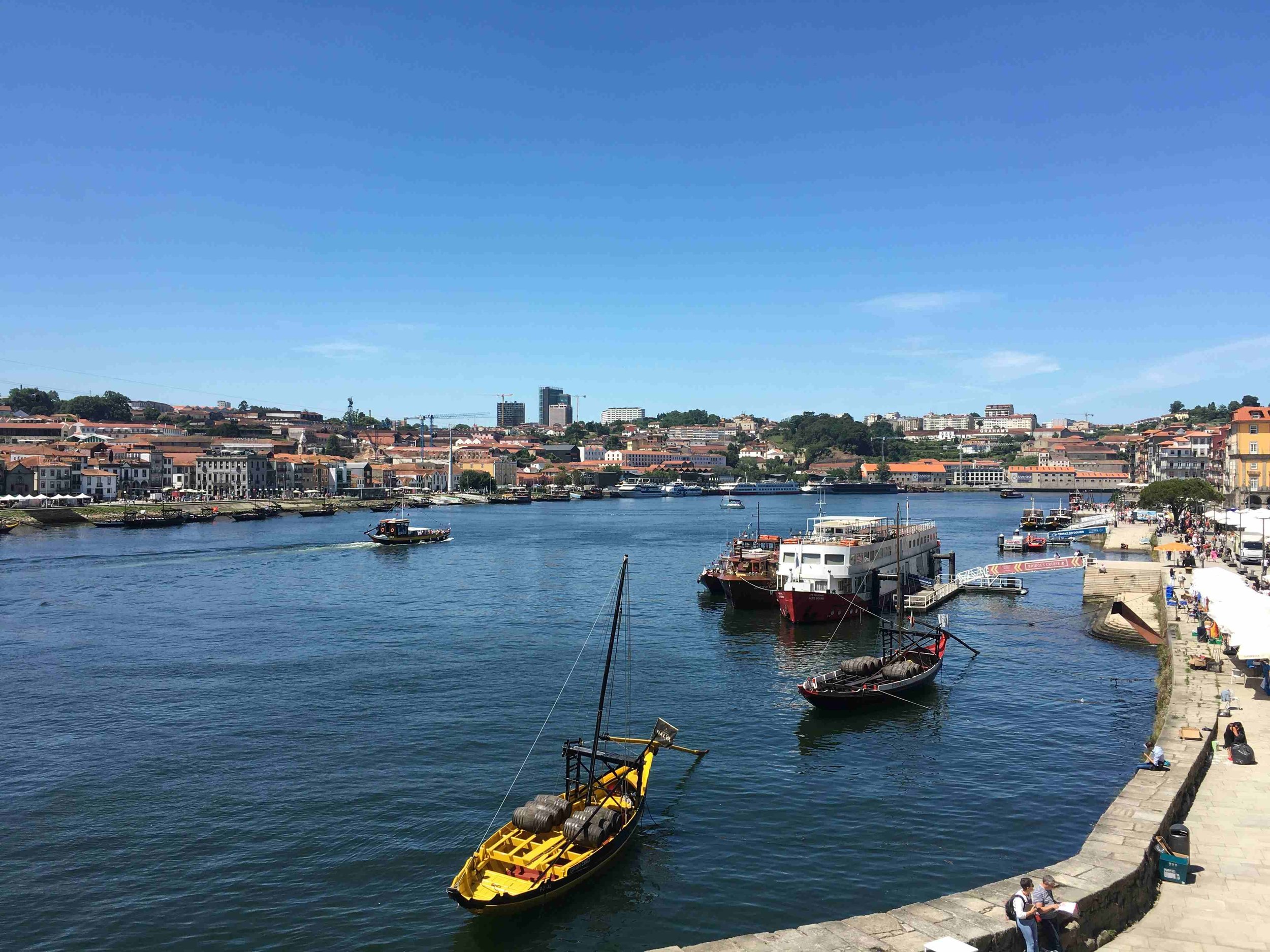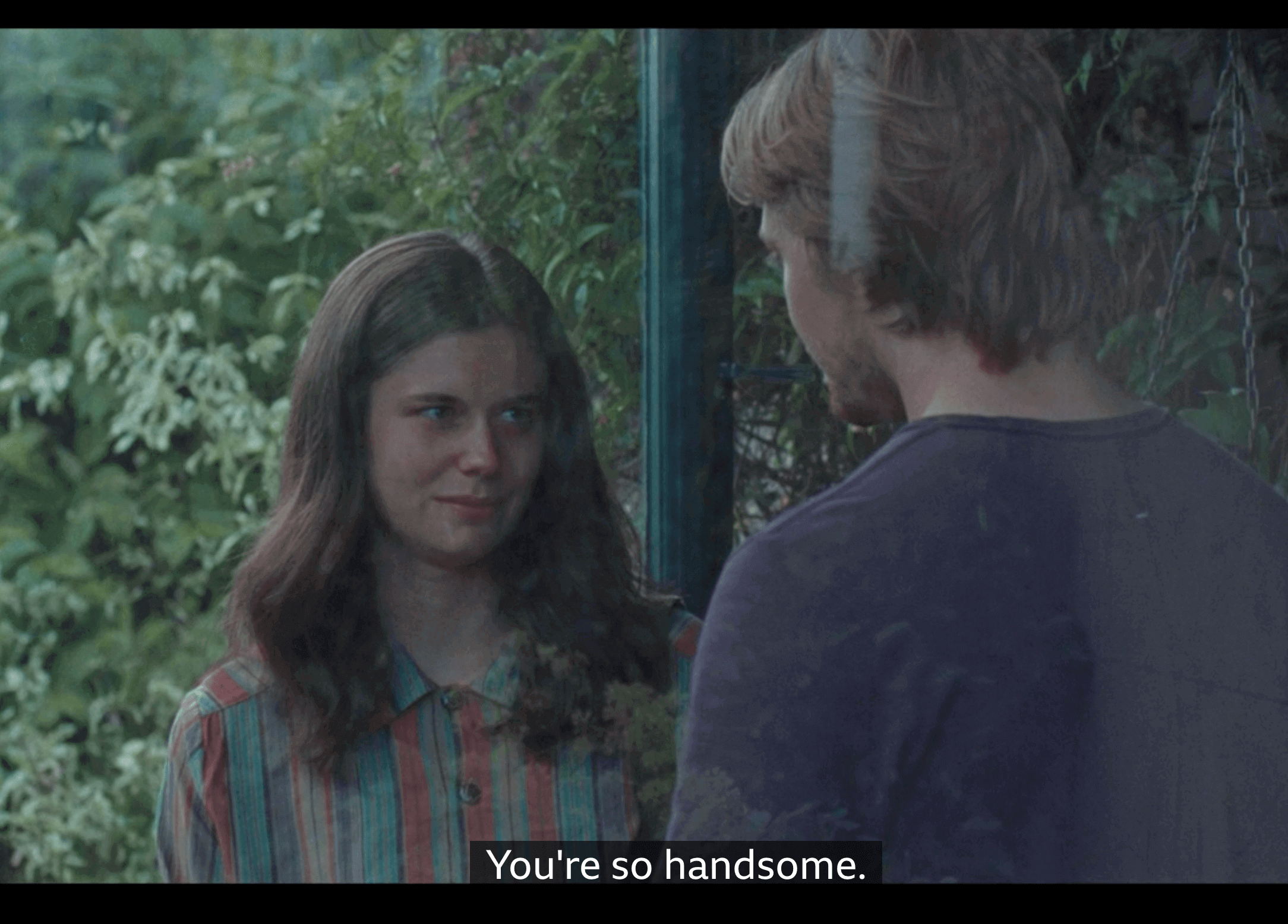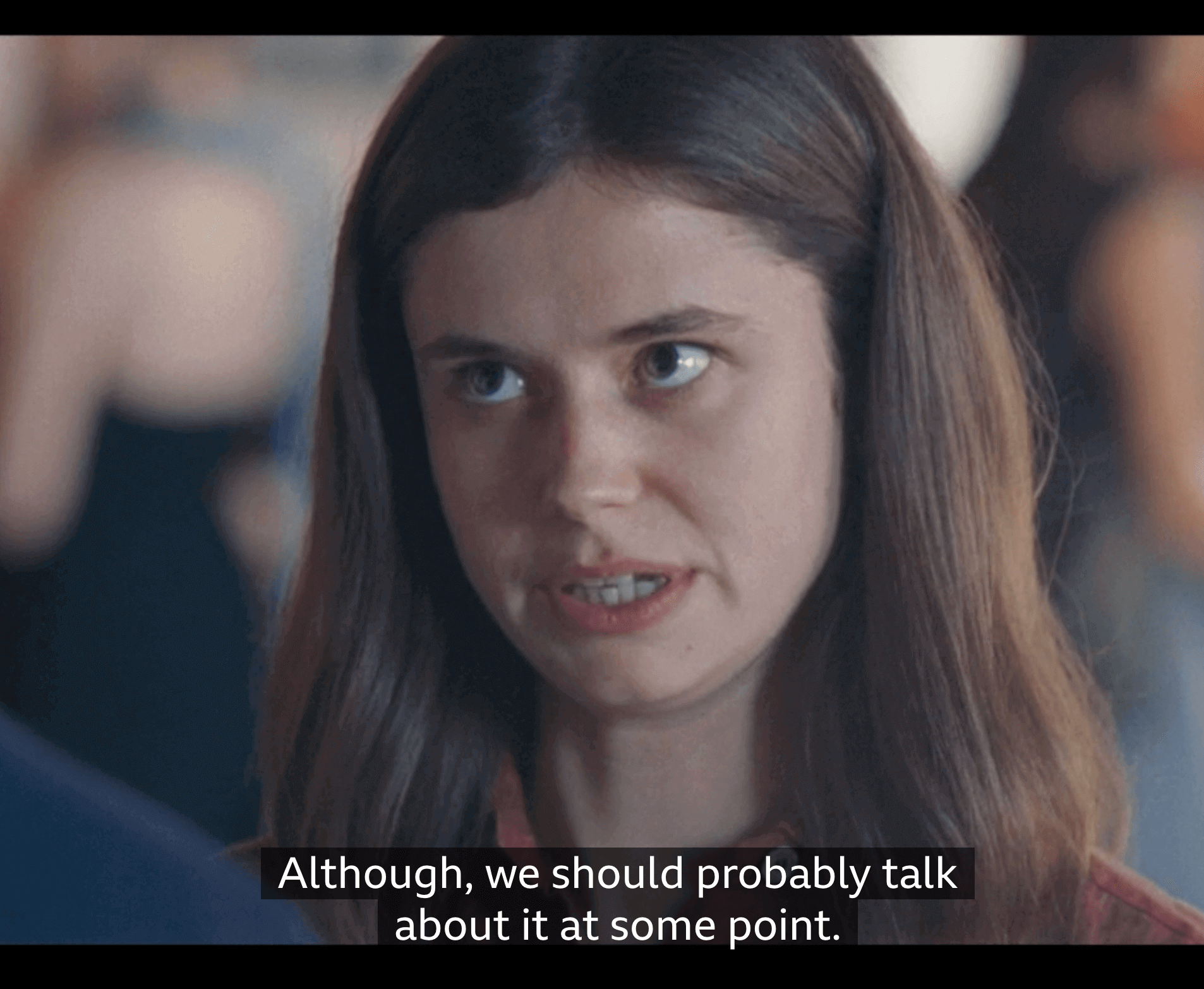Here’s my response to a recent Artist in Residence callout by POCC on the subject of “Self Equity”. POCC is a creative network that supports UK artists of African, Caribbean and Asian descent, partnering with companies including Clear Channel and Shutterstock to run nationwide campaigns. Last year, my poem about aging was featured on billboards across the UK.
Brief
Equity belongs to every single one of us. When we invest in ourselves on a personal level, we learn, grow and create value and energy. So it’s important to unapologetically take care of our own needs and not sacrifice our wellbeing to please others. So for this brief, we want you to shout about how you show yourself gratitude through self-love and self-equity
My approach
I once read that art is advertising for what we really need. So for this self-equity callout, my first thought was to mimic a billboard ad. We’re obsessed with wealth in society, particularly the Gold Rush of the digital economy that only delivers real ROI for those at the top. The rest of us are merely data points. I thought it would be fun to reframe “net worth” as self-worth. To suggest how you can accumulate that throughout your life. Fight for it. I let the rhythm of a good day dictate the flow and this is what came out.
The work (extended version)
Wander.
Wonder at those what-ifs.
Get lost in the moment/music.
Make new friends.
Have awkward conversations.
Defy expectations.
Disagree … with respect.
Self-care can be caring…
Less about who’s right.
And more about what’s right for you.
Take a “risk”.
Start Project “One Day” today.
Dare to make it beautiful.
To put a shard of your soul in there.
And keep flirting with failure.
Find the freedom in it.
Forgive and forget mistakes.
It’s what comes after that counts.
Experience beats ignorance.
Learn any way you can.
Pass it on.
Run a bath.
And breeeathe.
You. The best investment you’ll make.











